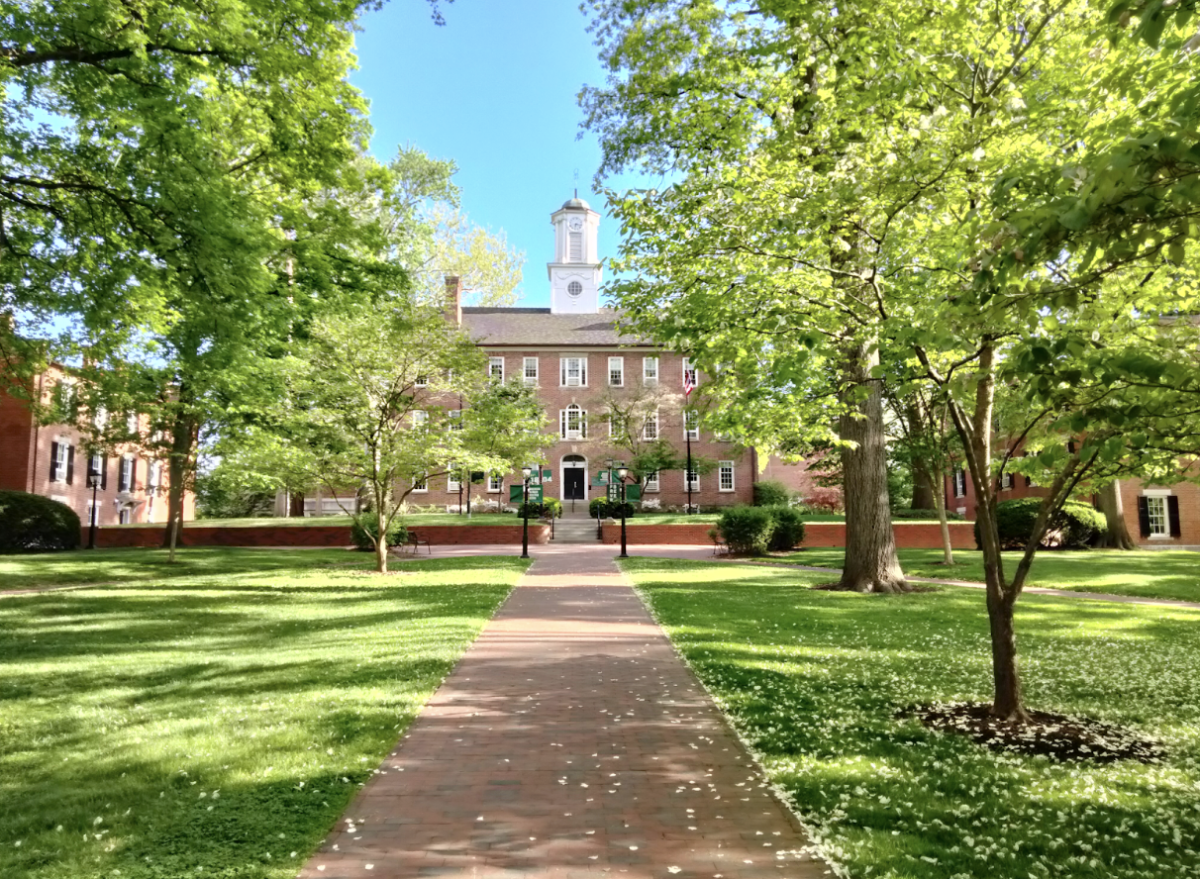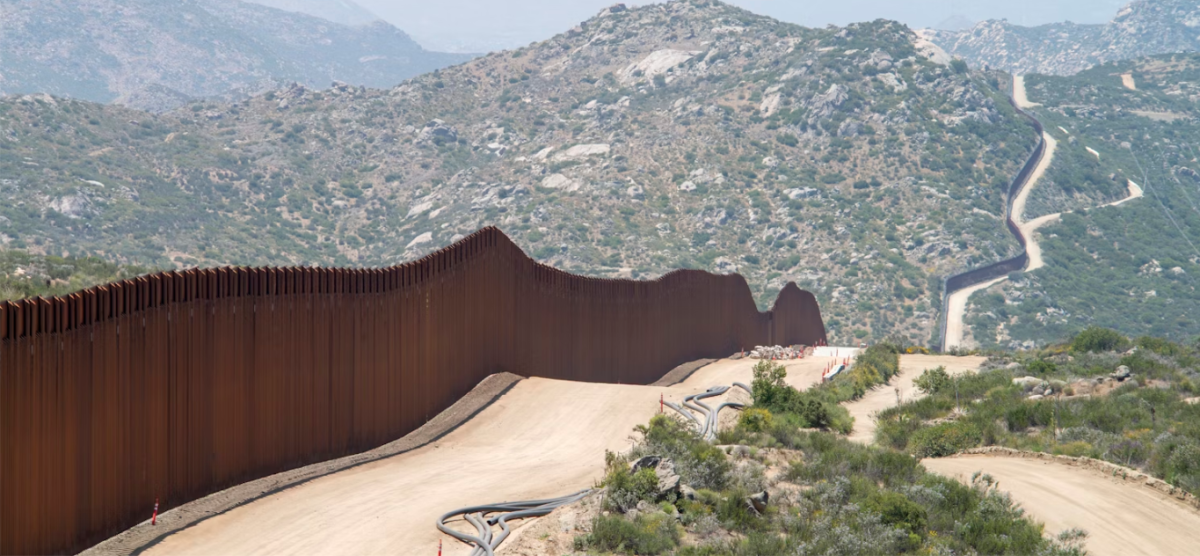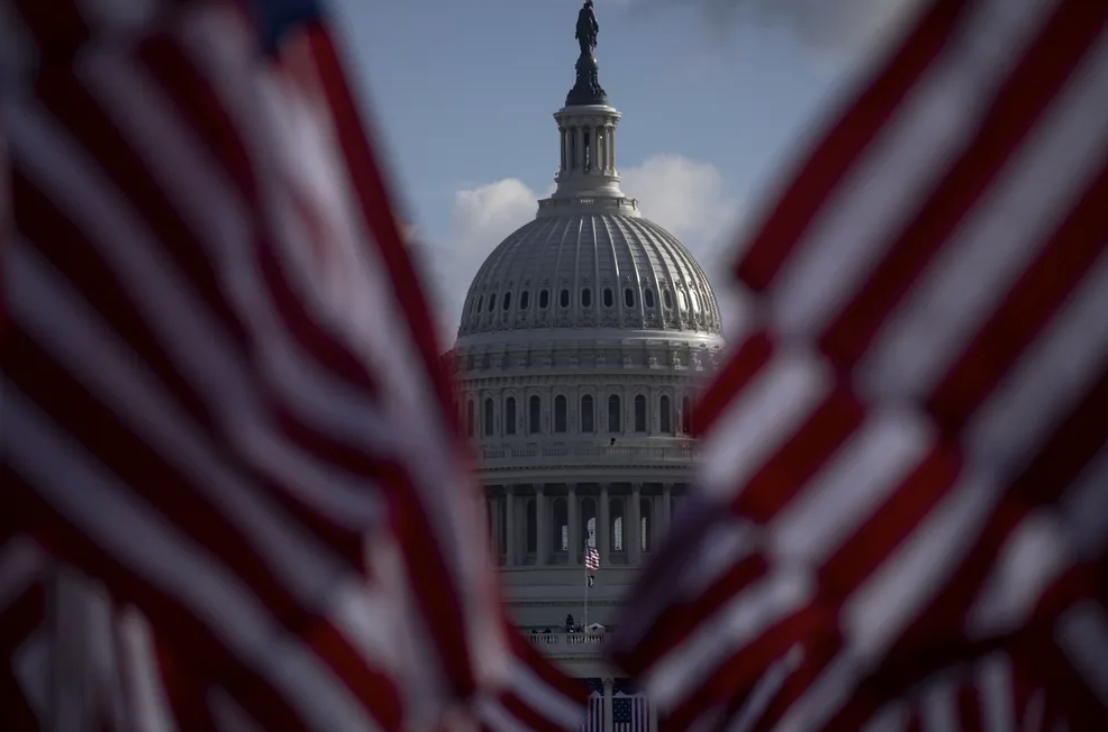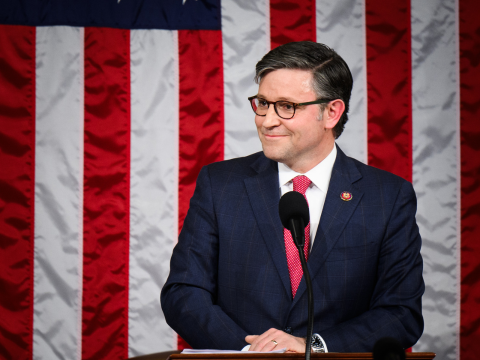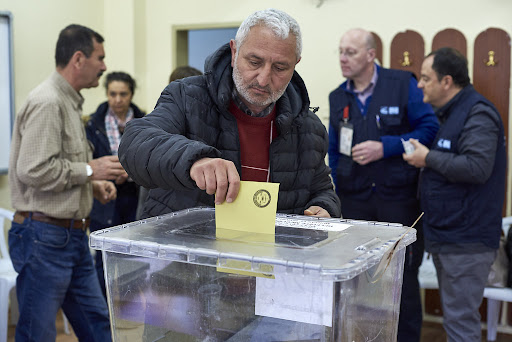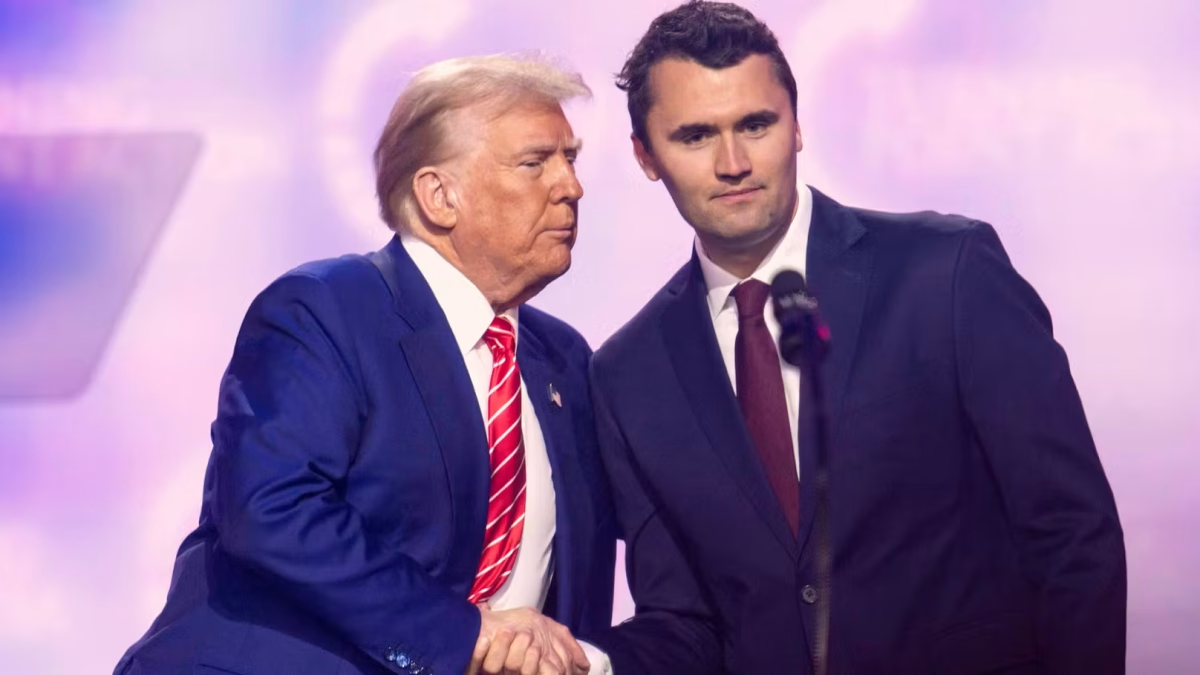The recent death of Alexei Navalny, Russian opposition leader and staunch critic of President Vladimir Putin, strikes a deep blow to the hopes of those who seek a more democratic and just future for Russia, one rid of Vladimir Putin. Navalny’s demise, under suspicious circumstances while serving a prison sentence at a detention center in Kharp (a town north of the arctic circle), not only silences one of Putin’s most formidable adversaries but also underscores the grim reality of authoritarian rule and the dangers faced by those who dare to challenge it.
Navalny’s journey as a vocal opponent of Putin’s regime was marked by remarkable resilience and unwavering determination. Despite facing repeated arrests, imprisonment, and even an assassination attempt, Navalny continued with his mission to expose corruption and advocate for democratic reform in Russia.
Navalny fearlessly exposed the deep-seated corruption within Putin’s government, earning him the hatred of the Kremlin and its loyalists. His investigations into the lavish lifestyles of Russian elites and the corruption through systemic misuse of public funds from taxes and other national funds, which have informed ordinary citizens tired of years of systemic graft and inequality through easily accessible platforms like Youtube, Instagram, and Telegram. Navalny’s ability to mobilize public support and galvanize opposition to Putin’s rule posed a significant challenge to the formidability of the autocratic and corrupt power structures of the Russian state.
The circumstances surrounding Navalny’s death unfortunately answer longtime questions about the rule of law, human rights, and the independence of Russia’s judicial system. The international community’s condemnation of Putin’s regime for its likely role in Navalny’s death underscores the gravity of the situation and the urgent need for accountability. Navalny’s widow, Yulia, said it best in her reflection of the political implications of her husband’s death: “I know, it seems that it is no longer possible. But we need more. To gather all together in one strong fist and hit this crazed regime with it – Putin, his friends, bandits in uniform, thieves and murderers who crippled our country.”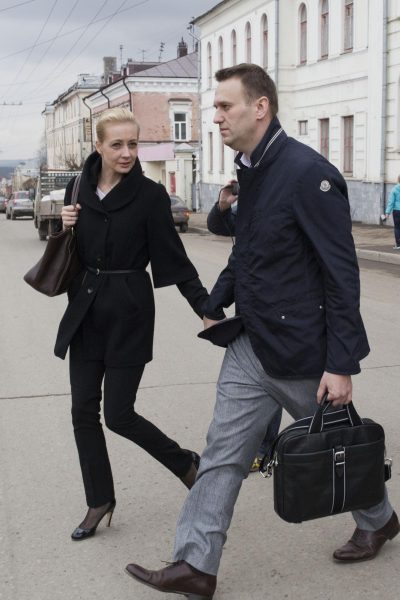
Navalny’s Life
Born in 1976 in Butyn, a small town outside Moscow, Navalny, like most other Russians growing up in the Soviet Union, witnessed firsthand the corruption that plagued post-Soviet Russia. Determined to make a difference, he pursued a career in law and eventually turned his attention to exposing the rampant corruption present in the roots of Russian power. His blog and social media presence pushed him to become the leading voice in the fight against graft, earning him a reputation as a fearless crusader for justice within a government that works tirelessly to preserve the status quo.
In 2020, Navalny’s courage was put to the ultimate test when he was poisoned with a deadly nerve agent, novichok, while traveling in Siberia. Miraculously, he survived the assassination attempt, thanks in large part to the persistent actions of his own team, supporters, and the help of medical professionals in Germany where he recovered. However, the attack only served to strengthen Navalny’s resolve and motivate international condemnation of Putin’s regime.
Upon his recovery, Navalny bravely returned to Russia. He did not show fear or hesitation, instead imploring the Russian people to never give up. Simultaneously, he added that if the Kremlin chooses to kill him, “it means [Russians] are incredibly strong.” He remained determined to continue his fight for Russia without Putin. But Putin did not accept the return of Navalny, as Russian authorities immediately arrested and imprisoned him upon arrival.
Following Navalny’s death, a troubling dispute occurred over the handling of his body, shedding light on the authoritarian tactics employed by the Kremlin. Reports indicated that the Kremlin allegedly attempted to coerce Navalny’s grieving mother, Lyudmila Navalnaya, into limiting the publicity and procedure of her son’s burial process in exchange for the return of his remains—a distressing yet not surprising act of manipulation. This reprehensible tactic highlights the deep-seated fear Navalny instilled in the highest echelons of the Russian government, who viewed him as a formidable threat to their autocratic rule.
However, days later amidst heavy security and the threat of arrest, thousands of Russians crowded the church that was willing to host Navalny’s funeral, and later, at the Borisovsky Cemetery in Moscow as he was lowered into the ground. Images captured by independent Russian human rights groups depict long queues of people paying their respects to Navalny, laying flowers and bidding farewell. Despite the risk of detention and intimidation by authorities, individuals honored Navalny by mimicking his bravery, with some even concealing flowers under their coats to avoid detection on their way to the funeral. Navalny’s mother, Lyudmila, has been among the mourners, visiting her son’s grave accompanied by the mother of his widow, Yulia.
So what does this mean?
As Russia gears up for its upcoming presidential election, President Putin is poised to secure another term by restricting any formidable challengers (not recognized by the Kremlin) along with a system that subverts the people’s will and limits their right to vote. Despite widespread anticipation of Putin’s re-election, it’s crucial to recognize that his policies or vision for the country are not representative of the people as a whole. The Kremlin’s systematic elimination of serious political contenders has ensured that citizens do not have a say in the direction of their country; it is Putin’s will alone. 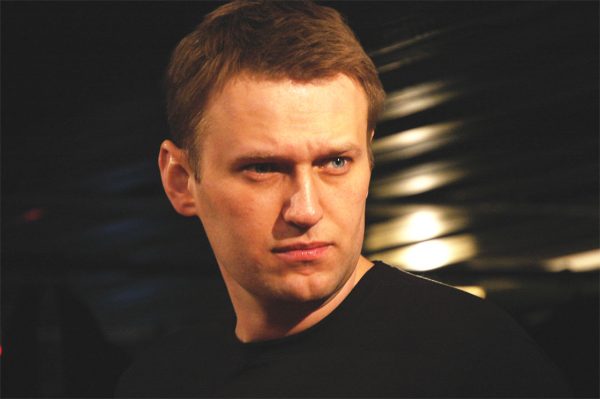
However, amidst the mourning at Navalny’s funeral, a different sentiment emerged on the streets of Moscow—a genuine display of support for a leader who embodied an alternative vision for Russia. While Navalny may be gone, the fervent desire among these individuals for a different leadership in Russia remains steadfastly alive. These Russians, like Navalny, love their country. The Russia they envision is not a ‘western’ or even democratic regime, but rather the opposition to Putin’s Russian autocracy. Russia’s attempts in recent history to become a globalized and more democratic world power under policies of Gorbachev and Yeltsin have failed, and have proven the nation’s distance from western democratic values. However, Navalny’s total opposition across all ideals on the Russian political spectrum, gave power to a now more powerful anti-Putin movement, one that can lead to a change in leadership and government rather than regime change—a leadership change to a more stable quality of life and stability rather than a radical change of the system.
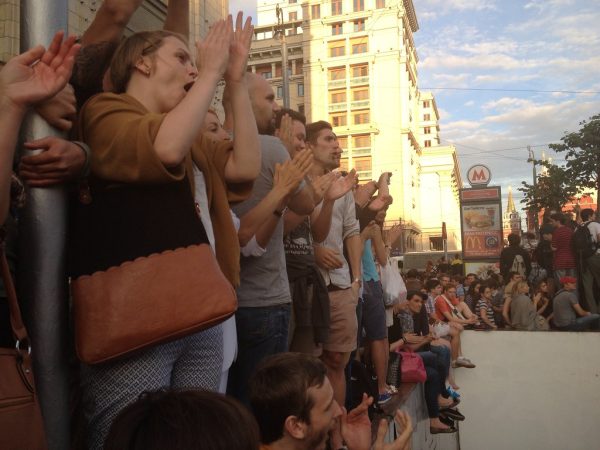
Despite the Kremlin’s media manipulation and forged legitimacy, this poignant demonstration of an anti-Putin movement underscores the enduring hope for change and the resilience. The absence of Navalny from the political landscape leaves a void that will be challenging to fill, even by Yulia Navalnaya who has pledged to continue Alexei’s work and holding Putin accountable for murder, but it also serves as a rallying cry for those committed to the ideals of transparency, accountability, and justice.


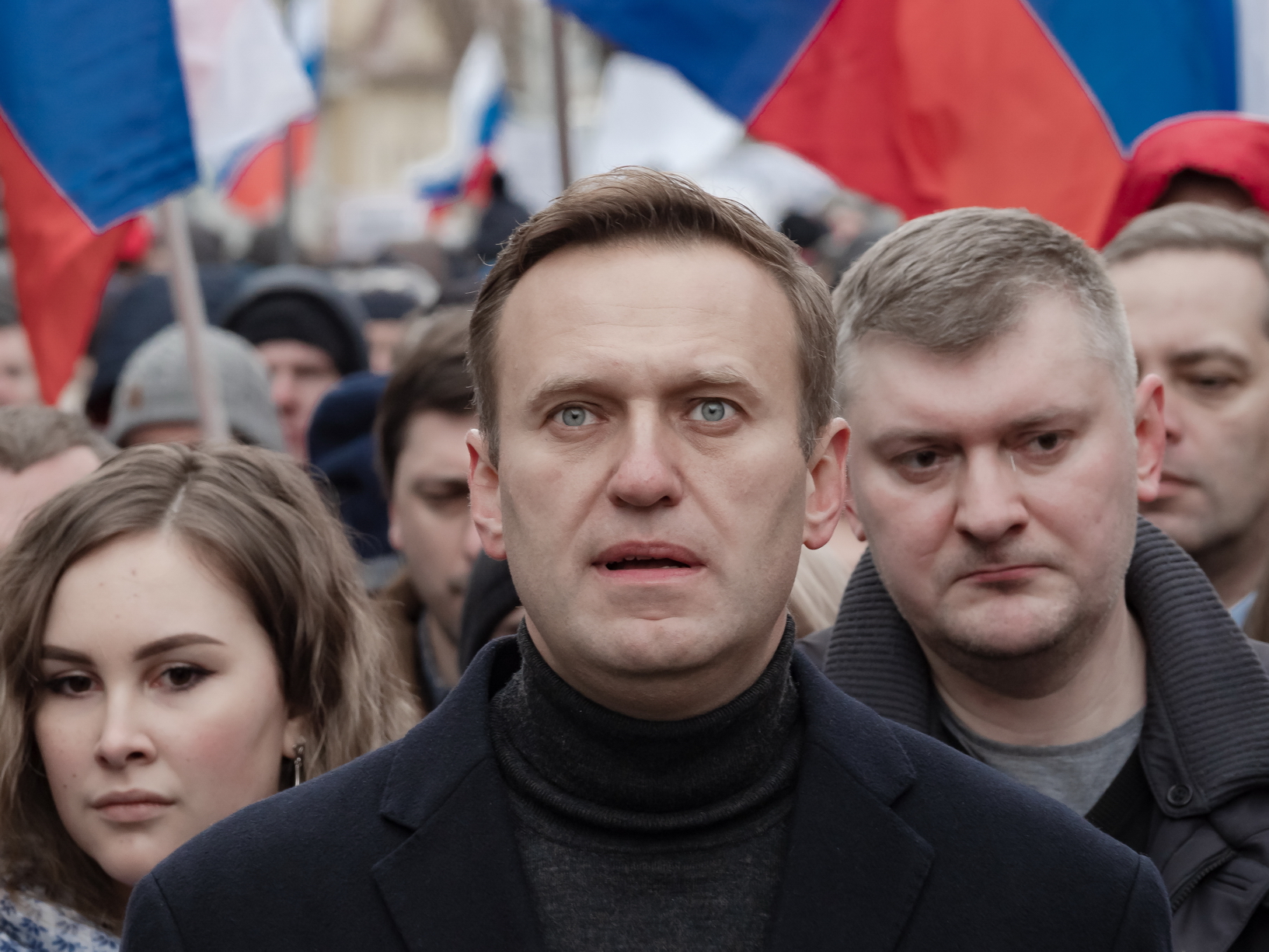
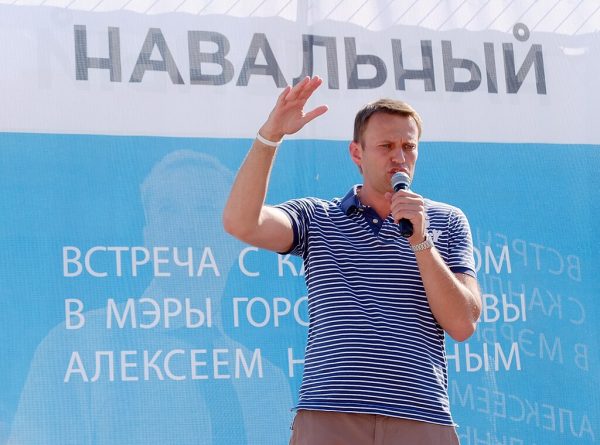
![[Charlie Kirk] by [Gage Skidmore] is licensed under [CC BY-SA 2.0].](https://flhsprospect.com/wp-content/uploads/2025/09/charlie-kirk-article-1200x800.jpg)



